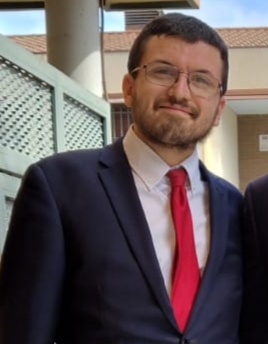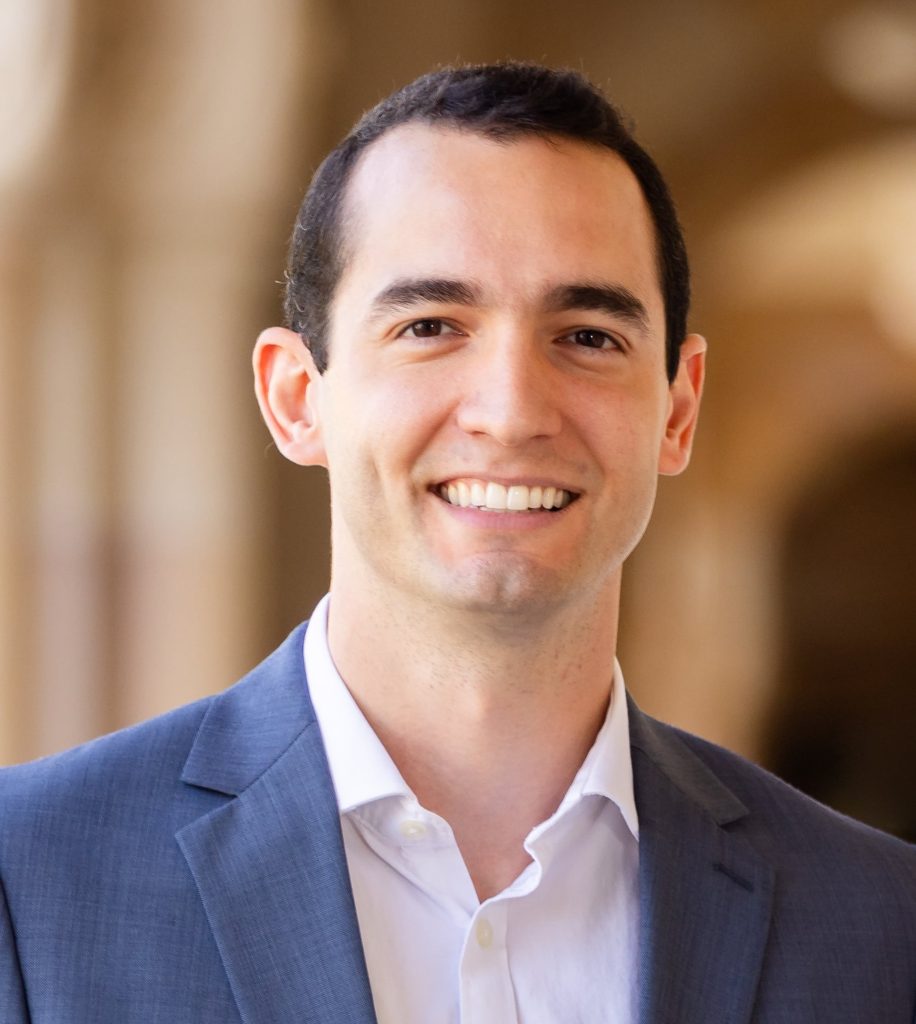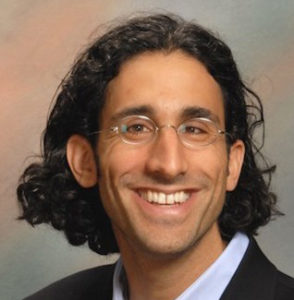Your Name Is Religion: Public Authorities’ Assessment of Faith Groups in the Spanish Registration System

Alberto Jose Ferrari Puerta is a lecturer at the Department of International Law, Ecclesiastical Law and Philosophy of Law, Complutense University of Madrid Law School.
Many national legal systems provide for the existence of an official registry for the recognition of religious denominations. In Spain, the Register of Religious Entities was introduced by the Organic Law on Religious Freedom of 1980. This law gave substantive development to the fundamental right enshrined in Article 16 of the 1978 Spanish Constitution, which reestablished religious freedom after nearly 40 years of its suppression under the Franco dictatorship. Article 5 of the Organic Law explicitly provides that religious denominations acquire legal personality upon registration in the Register.



